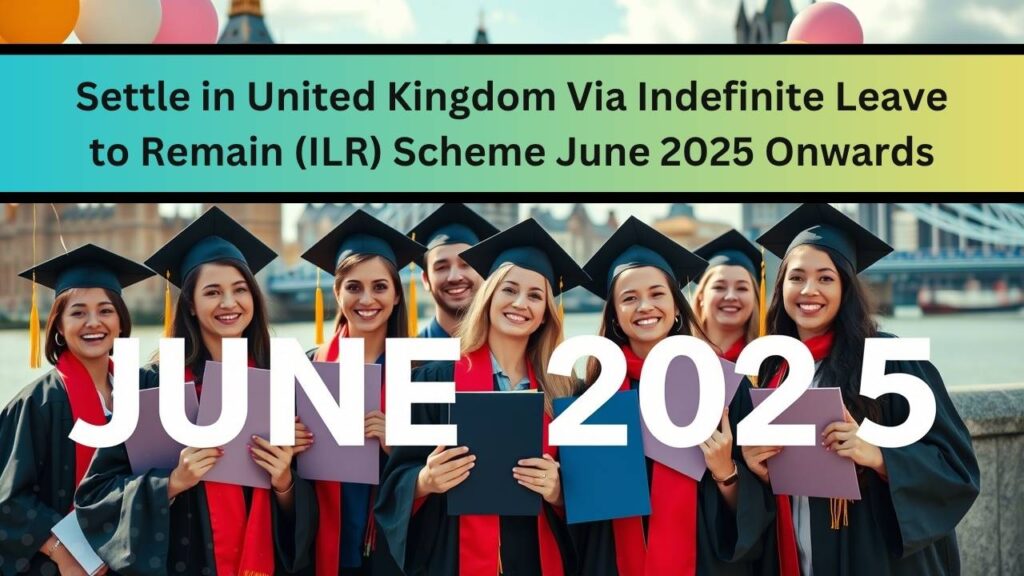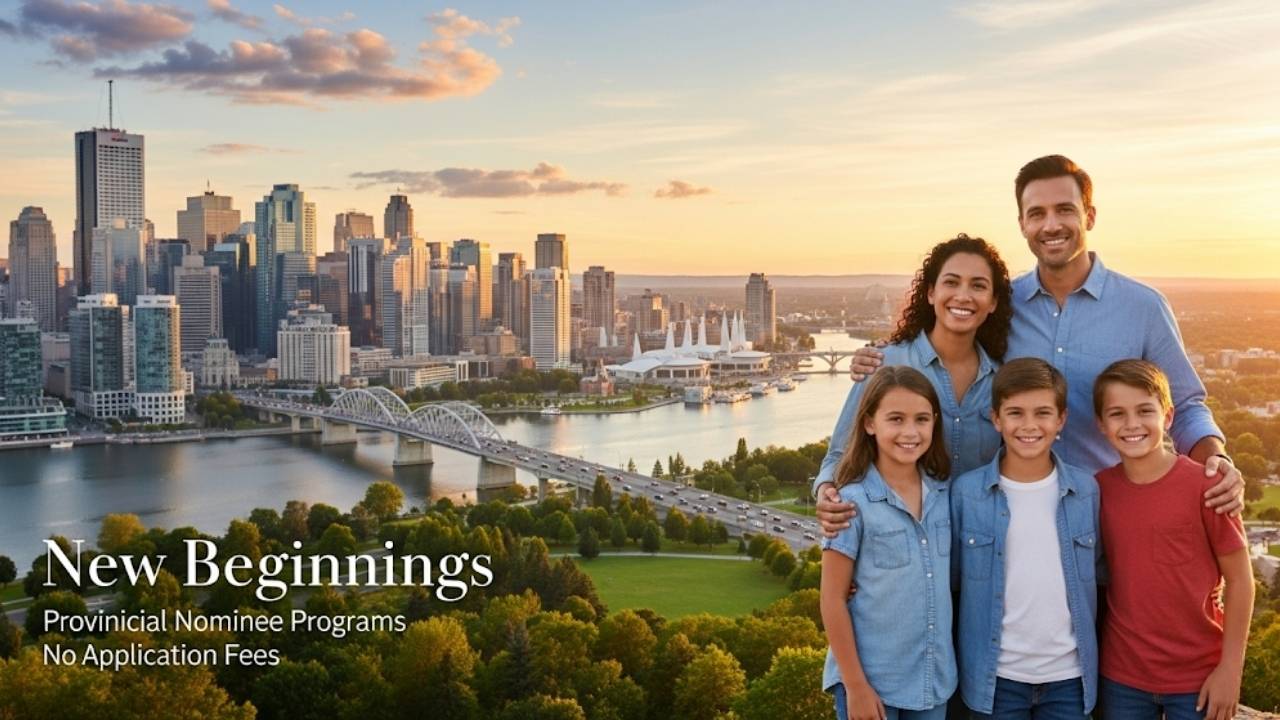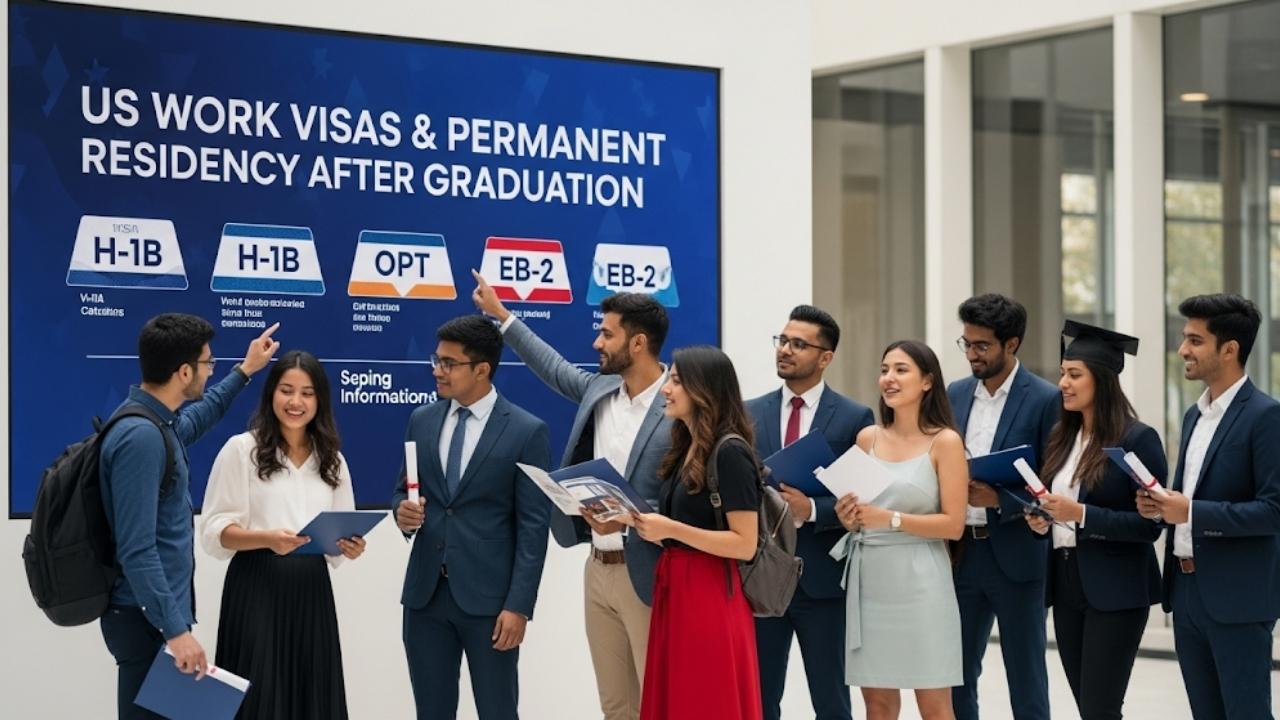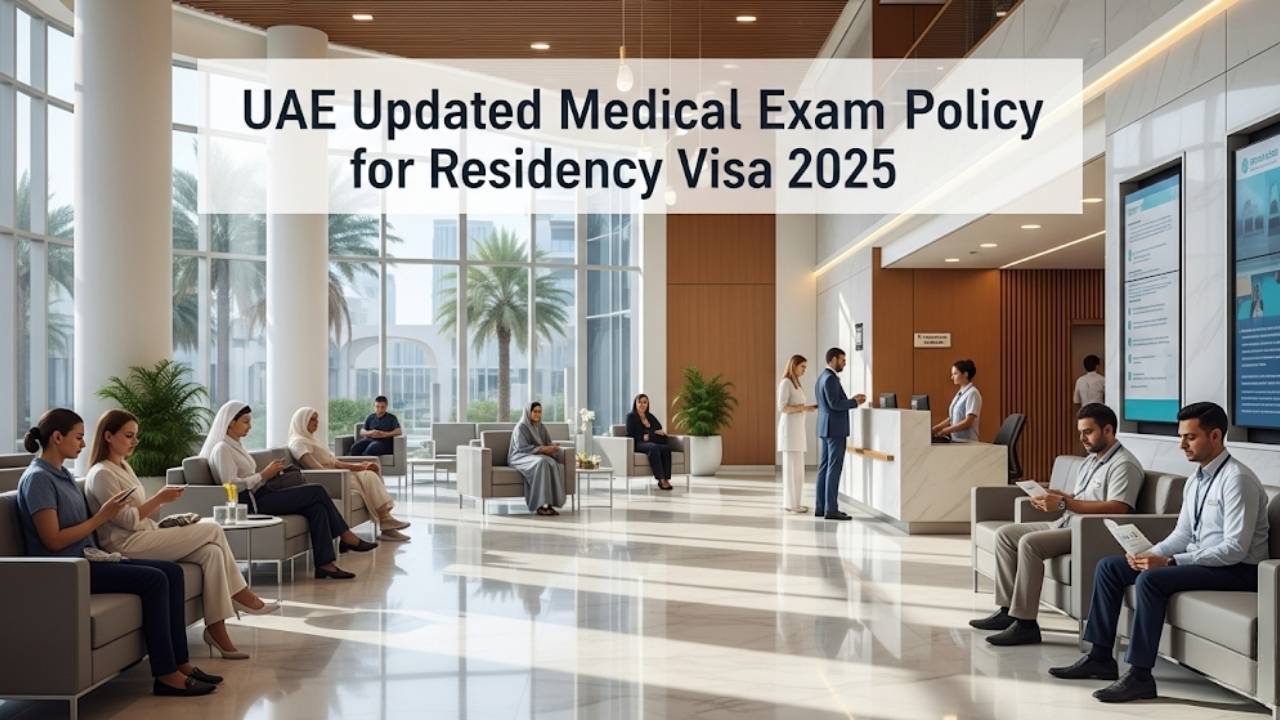
Embarking on your UK Indefinite Leave to Remain for Students and Scholars June 2025 journey is a significant step towards building a long-term future in the United Kingdom. After years of dedicated study and research, the prospect of settling permanently can be both exciting and daunting. This guide is designed to demystify the Indefinite Leave to Remain (ILR) process, offering clear, actionable advice to help you navigate the path from your current academic visa to permanent residency. We’ll explore the benefits, key visa routes, eligibility criteria, and crucial tips to help you achieve your settlement goals.
Settle in United Kingdom
| Key Fact | Detail/Statistic |
| What is ILR? | Indefinite Leave to Remain (ILR), or settlement, allows you to live, work, and study in the UK without time limits. GOV.UK – Check if you can get indefinite leave to remain |
| Student Visas & ILR | Student visas (formerly Tier 4) do not directly lead to ILR. You must switch to an eligible visa category. Immigration Advice Service |
| Common ILR Qualifying Period | Typically 5 years of continuous lawful residence on a qualifying visa (e.g., Skilled Worker, Global Talent). Some routes, like Global Talent (Exceptional Talent/Promise), can be 3 years. The 10-year long residence route is also an option. |
| Potential Future Changes (Post-June 2025) | The UK government proposed reforms in a May 2025 White Paper, which could increase the standard ILR qualifying period for some visas from 5 to 10 years in the future. These are proposals and not yet law as of June 2025. |
| Graduate Route & ILR | The Graduate Route visa (2-3 years post-study work) does not directly count towards ILR but can be a bridge to a qualifying visa. |
The journey to UK Indefinite Leave to Remain for Students and Scholars June 2025 onwards requires careful planning, attention to detail, and an understanding of the evolving immigration landscape. While the Student visa is your entry point to UK academia, a strategic switch to a qualifying visa like the Skilled Worker or Global Talent visa is your pathway to settlement.
Remember the potential for immigration rule changes flagged for the period post-June 2025; staying informed through official GOV.UK channels is more critical than ever. Break down the process into manageable steps, gather your documentation meticulously, and prepare thoroughly for any required tests. Your hard work and academic achievements have brought you this far, and with diligent preparation, your goal of settling in the UK is within reach. Start planning today and take confident steps towards your future in the United Kingdom!
Important Note for June 2025 Onwards: As of June 2025, the established pathways to ILR (primarily 5-year routes on qualifying visas) remain operational. However, the UK government announced potential immigration reforms in a May 2025 White Paper. These proposals, which include potentially extending the ILR qualifying period for some categories, are subject to further consultation and are not yet law. It is absolutely crucial to regularly check the official GOV.UK website for the most current rules and guidance relevant at the time you plan to apply.
Understanding Your Goal: What is Indefinite Leave to Remain (ILR)?
Indefinite Leave to Remain, often referred to as ‘settlement,’ grants you the freedom to live, work, and study in the UK without any time restrictions on your stay. Think of it as a permanent residency card. With ILR, you are no longer subject to immigration controls in the same way as temporary visa holders. It’s a significant milestone that opens up more opportunities and stability for your life in the UK. According to the official GOV.UK website, ILR is a crucial step before you can apply for British citizenship, should you choose to do so.
Why Aim for ILR? The Benefits for Scholars and Graduates
Securing ILR offers a wealth of benefits that can significantly enhance your personal and professional life in the UK:
- Stability and Security: The most obvious benefit is the right to live in the UK permanently, without the worry of visa renewals.
- Freedom to Work and Study: You can work in almost any job (except for some very specific public office roles), change employers freely, or start your own business. You can also pursue further education without needing a new student visa.
- Access to Public Funds and Services: ILR holders may become eligible for public funds, such as certain benefits, and will have continued access to the National Health Service (NHS) on the same basis as British citizens.
- Travel Flexibility: While there are rules about extended absences (typically not more than 2 years at a time), ILR generally allows for easier travel in and out of the UK.
- Pathway to British Citizenship: After holding ILR for a specified period (usually 12 months, though this can vary), you may be eligible to apply for British citizenship, granting you a British passport and the right to vote.

Navigating the Path: Common Visa Routes to ILR for Students and Researchers (Post-June 2025 Focus)
As a student or researcher, your current visa (e.g., Student visa) is unlikely to lead directly to ILR. You’ll need to switch to a visa category that does qualify for settlement. Here are some common routes, keeping in mind the information for June 2025 onwards:
The Skilled Worker Visa Route to ILR
This is one of the most common pathways for graduates. After completing your studies, if you secure a job offer from a Home Office-approved sponsor for an eligible skilled role, you can switch to a Skilled Worker visa.
- Qualifying Period: Typically, 5 years of continuous residence in the UK on this visa.
- Key Requirements: You must continue to be employed by a licensed sponsor, meet the relevant salary threshold (which saw updates in April 2024 and may have specific figures for ILR applications in 2025 – check WorkPermitCloud’s guide on Skilled Worker to ILR for insights, always cross-referencing with GOV.UK), and meet other criteria.
The Global Talent Visa Route to ILR
If you are a leader or potential leader in academia or research, arts and culture, or digital technology, the Global Talent visa offers a flexible route to settlement.
- Qualifying Period: This can be as little as 3 years if you are endorsed under ‘Exceptional Talent’ criteria or for certain research roles, or 5 years under ‘Exceptional Promise’ criteria.
- Key Requirements: You need an endorsement from a recognised UK endorsing body in your field, unless you’ve won an eligible prestigious award. Details can be found on the GOV.UK Global Talent visa page.
Other Potential Routes
- Innovator Founder Visa: If you have an innovative, viable, and scalable business idea endorsed by an approved body, this route can lead to ILR in 3 years.
- Scale-up Visa: For those with a job offer from an authorised UK scale-up company, this route can also lead to settlement.
- Long Residence (10-year route): If you’ve lived in the UK lawfully for 10 continuous years on various visas, you might qualify for ILR under this route. Time spent on a Student visa can count towards this 10-year period.
Important Note: The Graduate Route and ILR
The Graduate Route visa allows international students who have successfully completed an eligible UK degree to stay and work, or look for work, for 2 years (3 years for PhD graduates). It’s a fantastic opportunity to gain UK work experience. However, time spent on the Graduate visa does not directly count towards the qualifying period for ILR under most 5-year routes like the Skilled Worker visa. Its main benefit for ILR is providing a bridge to find eligible employment and switch to a visa that does lead to settlement.
The following update from UK Visas and Immigration often clarifies student pathways.
Key Eligibility Criteria for ILR (General Requirements)
While specific requirements vary by visa route, some general criteria apply to most ILR applications as outlined by GOV.UK’s ILR guidance.
Qualifying Period (Continuous Residence)
You must have lived in the UK lawfully for a specific number of years (e.g., 3, 5, or 10 years depending on your visa) without excessive absences. Generally, you cannot have been outside the UK for more than 180 days in any 12-month period during your qualifying period. Always check the specific absence rules for your visa category on the GOV.UK continuous residence guidance.
Knowledge of Life in the UK
Most applicants aged 18 to 64 must pass the Life in the UK Test. This computer-based test covers British customs, traditions, laws, and the political system. You can find official booking information and preparation materials on the Life in the UK Test GOV.UK page.
English Language Proficiency
You’ll usually need to prove your knowledge of English, typically by:
- Having a degree taught or researched in English (verified by UK ENIC if not from a UK university).
- Passing an approved English language test at a minimum of B1 level on the Common European Framework of Reference for Languages (CEFR) scale. Check the specific English language requirements on GOV.UK.
Financial Requirements (if applicable)
Some visa routes, particularly the Skilled Worker visa, have specific salary requirements that you must meet at the point of ILR application. Ensure your earnings meet the threshold for your specific occupation code and visa.
Good Character Requirement
You must demonstrate that you are of good character. This means, among other things, having a clean criminal record and adhering to UK laws and immigration rules.

The ILR Application Process: A Step-by-Step Overview
The ILR application process is primarily online. Here’s a general outline, based on information such as that provided by immigration advisors like DavidsonMorris.
- Determine Eligibility & Timing: Confirm you meet all requirements for your specific visa route and apply no earlier than 28 days before completing your qualifying period.
- Gather Required Documents: Collect all necessary paperwork meticulously (see checklist below).
- Complete the Online Application Form: Fill out the relevant ILR application form on the GOV.UK website accurately.
- Pay the Application Fee: Fees vary and can be substantial. Check the current fee on GOV.UK when you apply.
- Book and Attend a Biometric Appointment: You’ll need to provide fingerprints and a photograph at a UK Visa and Citizenship Application Services (UKVCAS) centre. You’ll also submit your supporting documents, usually by uploading them online.
- Wait for a Decision: Processing times vary. Standard processing can take up to 6 months. Priority services may be available for an additional fee.
Required Documents Checklist (General)
This is a general list; your specific visa route will have a detailed list on GOV.UK:
- Current passport and any previous passports.
- Your current Biometric Residence Permit (BRP).
- Proof of continuous residence (e.g., tenancy agreements, utility bills, employer letters).
- Life in the UK Test pass certificate.
- Proof of English language proficiency (degree certificate or test certificate).
- Financial evidence (e.g., payslips, bank statements to meet salary requirements if applicable).
- Employer letter (for Skilled Worker visa holders, confirming you are still needed for your job and meet salary requirements).
- Evidence of absences from the UK.
- Any documents specific to your visa category (e.g., endorsement letter for Global Talent).
I’ve seen many successful applicants create a meticulous checklist and gather documents well in advance; this significantly reduces stress during the application period.
Tips for a Successful Application
- Start Early: Understand the ILR requirements for your likely visa path long before you are eligible to apply.
- Maintain Meticulous Records: Keep all important documents, including payslips, P60s, tenancy agreements, and records of absences from the UK.
- Check, Double-Check, Triple-Check: Ensure all information on your application form is accurate and consistent with your supporting documents.
- Be Honest: Disclose all relevant information. False representations can have severe consequences.
- Adhere to Deadlines: Apply within the correct timeframe – not too early, and certainly not after your current visa expires.
- Understand Absence Limits: Carefully track your days outside the UK to ensure you comply with the continuous residence rules.
- Stay Updated: Immigration rules can change. Always refer to the latest guidance on the GOV.UK website.
FAQs
Can I apply for ILR directly from a Student visa?
No, a Student visa (formerly Tier 4) does not typically lead directly to ILR. You must switch to an eligible visa category (e.g., Skilled Worker, Global Talent) and complete the qualifying residency period on that visa before applying for ILR. The 10-year long residence route is an exception where time on various lawful visas can be combined.
How long do I need to live in the UK before applying for ILR?
This depends on your visa category. For most work-related routes like the Skilled Worker visa, it’s typically 5 years of continuous lawful residence. For the Global Talent visa, it can be 3 or 5 years. The Long Residence route requires 10 years. Always check the specific requirement for your ILR pathway on GOV.UK.
Does the Graduate Route visa count towards ILR?
No, time spent on the Graduate Route visa does not directly count towards the 5-year qualifying period for ILR on routes like the Skilled Worker visa. However, it provides valuable time to find skilled employment that could lead to a Skilled Worker visa, which is a route to ILR.
What happens if the ILR rules change after I’ve started my qualifying period?
This is a complex area. Generally, applications are assessed against the rules in place at the time of application. However, the UK government’s May 2025 White Paper signals potential future changes. If you are concerned, it’s vital to stay updated via GOV.UK and consider seeking professional immigration advice if your situation is complex.
What is the main cause of ILR application refusal?
Common reasons include not meeting the continuous residence requirement (e.g., excessive absences), failing the Life in the UK Test or English language requirements, providing insufficient or incorrect documentation, or not meeting the specific financial or employment criteria for the visa route.










